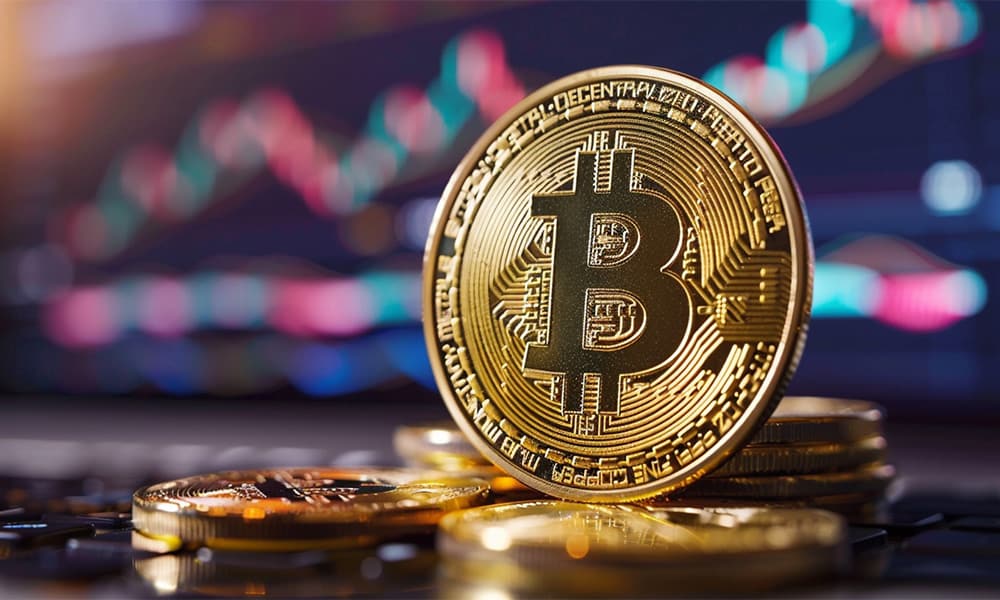The risk of bitcoin, legal tender in El Salvador, is a “key element” of the negotiations between the IMF and this country regarding a credit program initiated three years ago, a spokesperson for the financial organization stated on Thursday.
Salvadoran authorities have been negotiating a loan of around 1.3 billion dollars with the International Monetary Fund since 2021, without reaching an agreement.
“Discussions are focused on policies to strengthen fiscal and external sustainability and boost productivity growth and strengthen economic governance,” said Julie Kozack, communications director of the organization at a press conference in Washington. “Addressing the risks derived from bitcoin is a key element of our discussions,” she added.
In 2021, at the initiative of President Nayib Bukele, El Salvador became the first country in the world to legally put bitcoin into circulation alongside the US dollar. But approximately 88% of Salvadorans did not use the digital currency in 2023, according to a survey by the Central American University (UCA).
El Salvador has a dollarized economy. Bukele is the most popular president in Latin America, mainly thanks to the repression of gangs that turned what was one of the most violent countries in the world into a much safer one. This has repercussions on the economy.
“Real GDP growth strengthened in 2023, driven by tourism and construction, and this occurred thanks to the strength of remittances and a much-improved security situation,” Kozack acknowledged.
According to the Central Reserve Bank, the Salvadoran economy grew 3.5% last year. Inflation and the current account deficit also decreased, added the IMF spokesperson. Negotiations between the Fund and El Salvador on a credit plan do not seem to be progressing.
In February, independent economist César Villalona explained that this is partly due to Bukele’s attempt to avoid the conditions of the organization, which include cutting public spending, subsidies, and raising consumption taxes, “because it has a political cost.”
His re-election in February with 84.65% of the votes could facilitate the negotiation.






